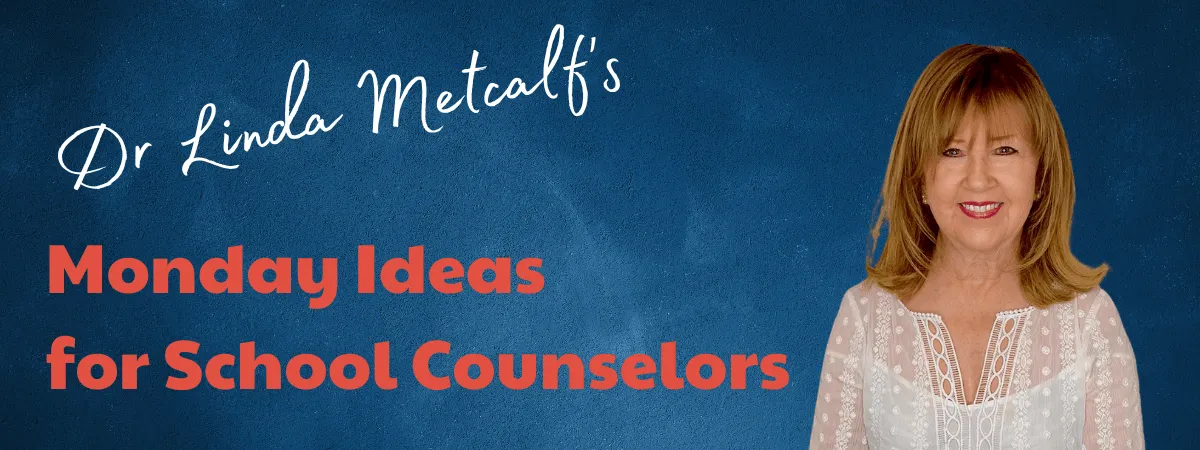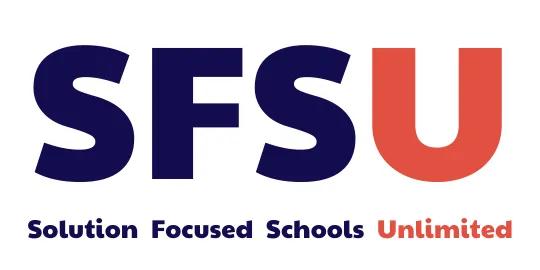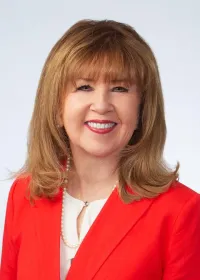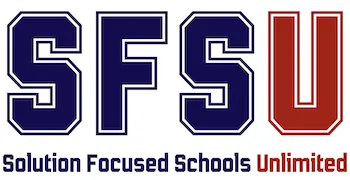
Monday Ideas for School Counselors
Weekly articles for school counselors with ideas on how to resolve typical school situations with students, teachers and parents using the solution focused approach.

Don’t Throw Me Out - Recycle!
This weekend, I spoke with an elementary school counselor who shared a troubling story - her school had expelled a kindergartner last week. The teachers, exhausted and frustrated, believed they had tried everything and were relieved when he left. The child had no diagnosed learning disabilities, mental health problems or special needs - his behavior alone led to his removal.
My immediate thoughts weren’t about the school’s decision but about the child.
What would happen to him next?
How would he feel being pushed out of his own community?
How would this help him learn and grow?
How would his family take the news and treat him?
Last year, over 5 million students were suspended or expelled in our country. I’ve heard some of these children labeled as “troublemakers,” “throwaway kids,” “worthless,” or worse by educators. I don’t remember learning in my education courses that labeling students like this was part of the job. Meanwhile, while we throw away students, their scores on The Nation’s Report Card declined again in 2024, dropping two points for both 4th and 8th graders compared to 2022. (Source) What are we thinking?
Watch this clip from The Ron Clark Story and as you do, imagine that student in the trash can standing in front of you. What would you say to him? What would you say to his teacher?
Here’s what I might say to that young student in the trash can:
🔹 “Wow, what does your teacher not know about you? Who are you really? How would your friends describe you? How would your family describe you?”
🔹 “I wonder what you might do to show her who you really are when you go back to class? How can you also show her that you can learn?”
And to the teacher:
🔹 “Tell me, what might Joe need to start doing to show you that he can learn? What else?”
🔹 “Tell me about a time Joe participated and did slightly better in class. When else? What might you have done to help that happen? What did Joe do?”
Again, to the student:
🔹 “Joe, tell me about a time when school was going better for you this year. What was going on that helped you do better? What did other teachers do or Ms. David do that helped?”
🔹 “Joe, what do you think you can begin to do to show Ms. David that you can learn?”
We would keep going until we had a plan.
No referrals.
No unnecessary removals.
We would recycle the student’s relationship with the teacher.
You see, when a teacher refers a student to an administrator for support - or, more often, removal - nothing actually changes. In fact, things usually get worse.
What works instead is when teachers and students talk about what they both need. When they see each other as partners, not adversaries.
Years ago, I was consulting with a school district that had a high rate of special education referrals. I taught the administrators and school counselors the solution focused approach and later, the teachers. As a result, one school which had previously had a huge increase in special education referrals, lowered their referrals from 25 students per year to 2 in one year.
How?
The principal would not see a student unless the teacher and student had a solution focused conversation.
This week, if you hear a frustrated teacher or administrator vent about a student on the verge of suspension or expulsion, don’t offer suggestions. Help them to recycle the relationship first.
Here’s a handout you can send your teachers today. Let your administrators know about it too. It can work for them too!

Practical tools and strategies for school counselors to help students achieve their goals
Practical tools and strategies for school counselors to help students achieve their goals
© 2025 Solution Focused Schools Unlimited LLC


